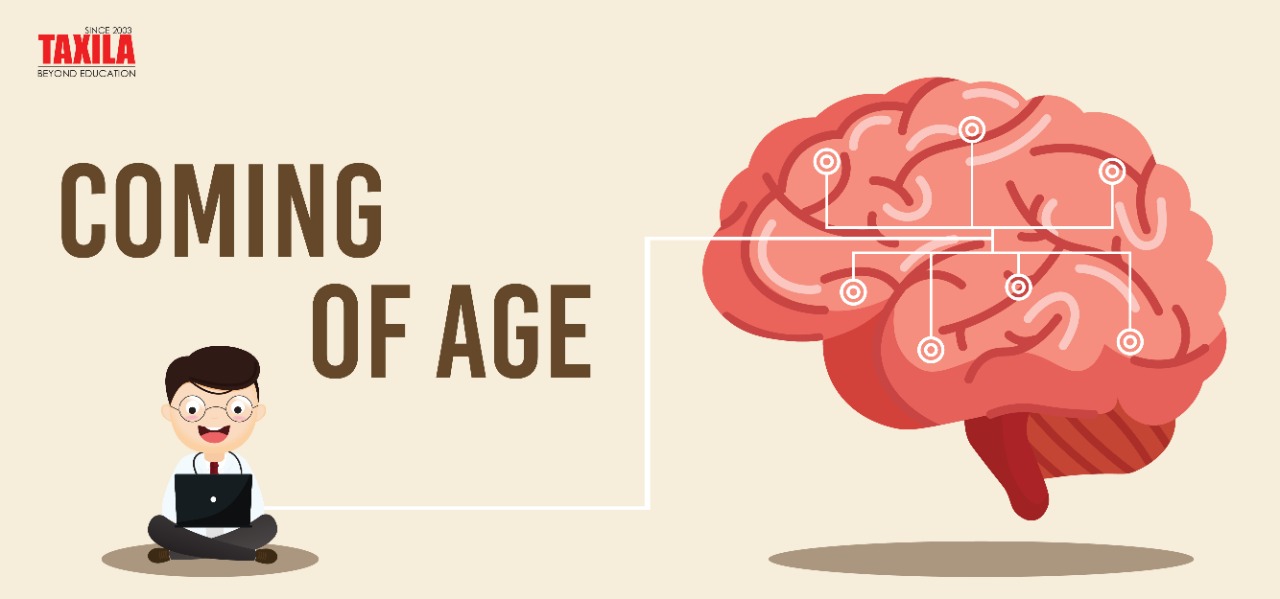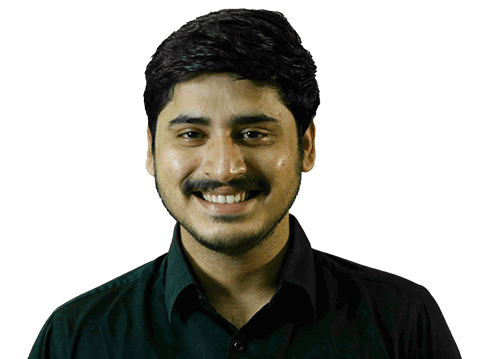
Human existence is scary and confusing. A few thousand years ago, we became conscious and found ourselves in a strange place. It was filled with other beings.We could eat some; some could eat us. There was liquid stuff we could drink; things we could use to make more things. The daytime sky had a tiny yellow ball that warmed our skin. The night sky was filled with beautiful lights. This made everything much less scary and confusing.
But the older we got, the more we learned about the world and ourselves. The universe might be a million times bigger, but we will never know. We can throw words around like 200 galaxies or trillions of stars or bazillions of planets, but all of these numbers mean nothing. Our brains can't comprehend these concepts.
The universe is too big. There is too much of it. But size is not the most troubling concept we have to deal with. It’s time, or, more precisely, the time we have.
- If you're lucky enough to live to one hundred, you have five thousand two hundred weeks at your disposal.
- If you're twenty-five now, then you have three thousand nine hundred weeks left.
- If you're going to die at seventy, then there are two thousand three hundred and forty weeks left -a lot of time, then what?
Our biological processes will break down,and the dynamic pattern that is you will stop being dynamic. It will dissolve until there is no one left. Some believe that there is no way to stop this breakdown and say serving the population with scarce resources is scarier than it sounds. Until recently, the vast majority of the world population worked on farms and the total production of the world's economy was mostly agricultural output. And this output was limited by the fixed size of the land. The total output of the economy did not change a lot year by year. The size of the pie was fixed; the world was a zero-sum game. In such a stagnating world, the only way to get better off is if someone else gets worse off. If you take a bigger piece of the pie, someone else's gets smaller
- If you want more food, then conquering, plundering, and stealing are great strategies. Your Neighbour's loss is your gain. This was the state of things for thousands of years. Societies invaded each other constantly to get more pie.
- The Industrial Revolution led to a previously unimaginable increase in economic output.This altered the nature of our societies. Economic growth changed the world from a zero-sum game to a positive-sum game. We had found a way to create a bigger pie - but not only a bigger pie, but a pie that was growing bigger each year. This development is spreading and continuing today. Antibiotics kill bacteria, Power plants deliver energy, Cell phones connect us, Planes let us travel cheaply,Fridges store food. Continuous progress in all sectors of the economy seems normal to us today,
- but the change from stagnation to economic growth was the most drastic shift in human history. At the very core of this massive transformation stand new ideas that lead to innovation.The more we innovate,the more complex and interesting problems we discover as desires and needs evolve.
- Once we get what we want, we don't stop; we can see how we can improve things even more. The new positive-sum world has existed for 0.1% of human history and we have yet to get used to it. In a positive-sum world, the more people are well-off, the better your own life is.
This is because of the nature of innovation-fundamentally driven by supply and demand. The supply increases when more people have the freedom and education to contribute. They become inventors, researchers, engineers or thinkers that come up with new ideas. The demand for ideas increases as people get richer and can pay for new solutions. They increase the size of the market for innovations and that follows incentives. So naturally, if many people want and can pay for something, it will get the innovators attention and energy. Improving the lives of those who are the worst off has a multiplying effect. It increases demand for ideas while at the same time, making it easier for ideas to be produced.
If there are one billion people in the world that have the wealth to pay for cancer treatments, innovation will follow this demand. So, hundreds of billions of dollars have been invested in medical research. This had a huge effect, but we're still nowhere near to curing all forms of cancer. Today, every sixth person in the world dies of cancer, and you might be one of them.
Now, imagine if demand were higher. Imagine instead of 1 billion people being able to pay for a cure for cancer, there were 4 billion or 7 billion. Imagine how far medicine could have developed if we'd invested 7 times as much in curing cancer. On top of that, there's so much human potential being wasted right now.
The work of a poor farmer in a developing nation is not recognized but if he becomes financially better off, his children might spend their time in university developing things.
Instead of having some hotspots of innovation in the developed world, we would have many hotspots all over the world. The research output of humanity would be many times what it is right now. Could we have cured cancer by now if that were the case? Well, maybe. If we spent 7 times as much on research, had 7 times as many people working on it, and a global network of medical research, things would certainly be further ahead than they are now.
This is the core of the argument that the more people want the same thing that you want, the more likely you are to get it.That is what it means to live in a positive-sum world if we don't gain more pie if poor places stay poor. Instead, you get more pie if poor places get richer, contribute ideas, and grow the global pie.
Do you like space travel?
Imagine there were billions of people in Africa and Asia with their space programs, and demand satellites and moon bases and cities on Mars.
Do you like being alive?
A few billion people paying for medical research could save your life. It is in your interest for people around the world to become better off. The faster in time we get to this version of the world, the better forus. No matter what motivation is, working on a better world is a very good thing to do so.

Varun Kumar Nayak
Student (Batch T-26)


